Somewhat induced by its close proximity to DC, WJ boasts a distinctly diverse student and staff community. It constantly strives to create a welcoming environment for people of all backgrounds and identities, as seen in the wide range of cultural clubs and assemblies. However, some outdated stereotypes remain, particularly concerning belief systems not widely practiced by residents of this area.
Sophomore Ebony Lee is one of the only Wiccan students at WJ. People frequently believe that they are a witch or a bad person who will cast spells on them, when in reality, Lee only gives out positive energy and tries to help people feel well. Wiccans are also often associated with the Salem Witch Trials.
“I get called a satanist a lot,” Lee said. “I try and tell people that we don’t actually believe there is a satan or heaven or hell, cause our belief system isn’t the same as Christianity or anything like that.”
Similarly, historically induced inferences about Mormons regularly cloud the LDS Church’s modern beliefs and practices.
“There’s rumours such as Mormons having lots of moms. I only have one mom,” an anonymous Mormon student said, who doesn’t consider themselves a minority since Mormonism is a branch of Christianity. “We don’t practice polygamy anymore. That’s part of our history, but it is in the past so people bring it up a lot.”
The student also mentioned that while the widely known Mormon Temple might seem secretive, since people aren’t allowed inside, it will actually be hosting an open house next fall, after its renovations. They believe that WJ should talk more about religion in history classes, so that students can learn more about people different from them and be exposed to unique practices and traditions.
“We have lots of fun activities, like traveling to other places. I’m going to do a humanitarian service trip in Bolivia this summer, and that’s a really fun aspect,” the student said. “It’s fun to have your own little community, and also the majority of our religion is practiced in South America and Africa, so it’s really great to connect with people from other countries.”
Even without classroom lessons, one way to avoid perpetuating cultural cliches is to think before speaking, an anonymous source of Hindu and Muslim background suggests, who has dealt with stereotypes such as being weird or not valuing others.
“Look into [the subject],” they said. “Really try to understand it from all different perspectives and sides before you come to any conclusions.”


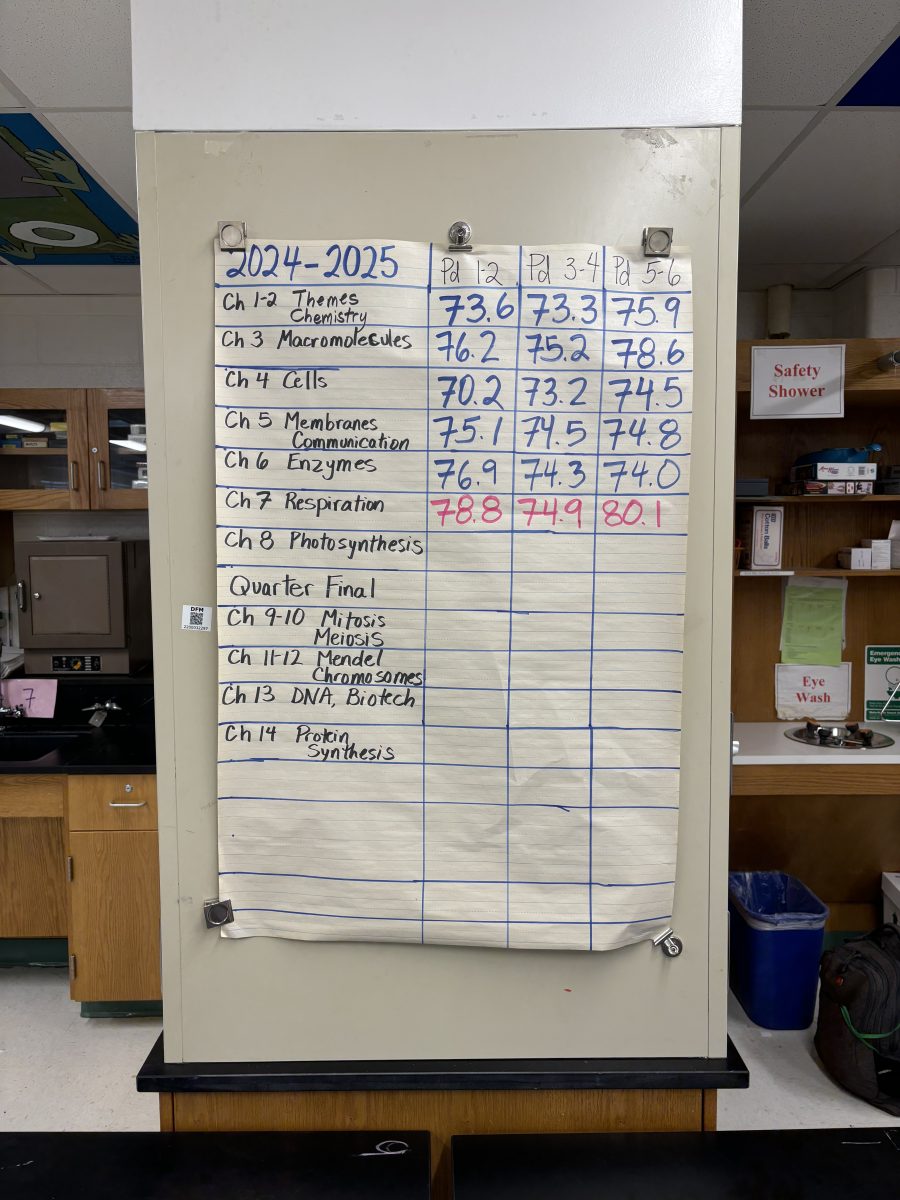



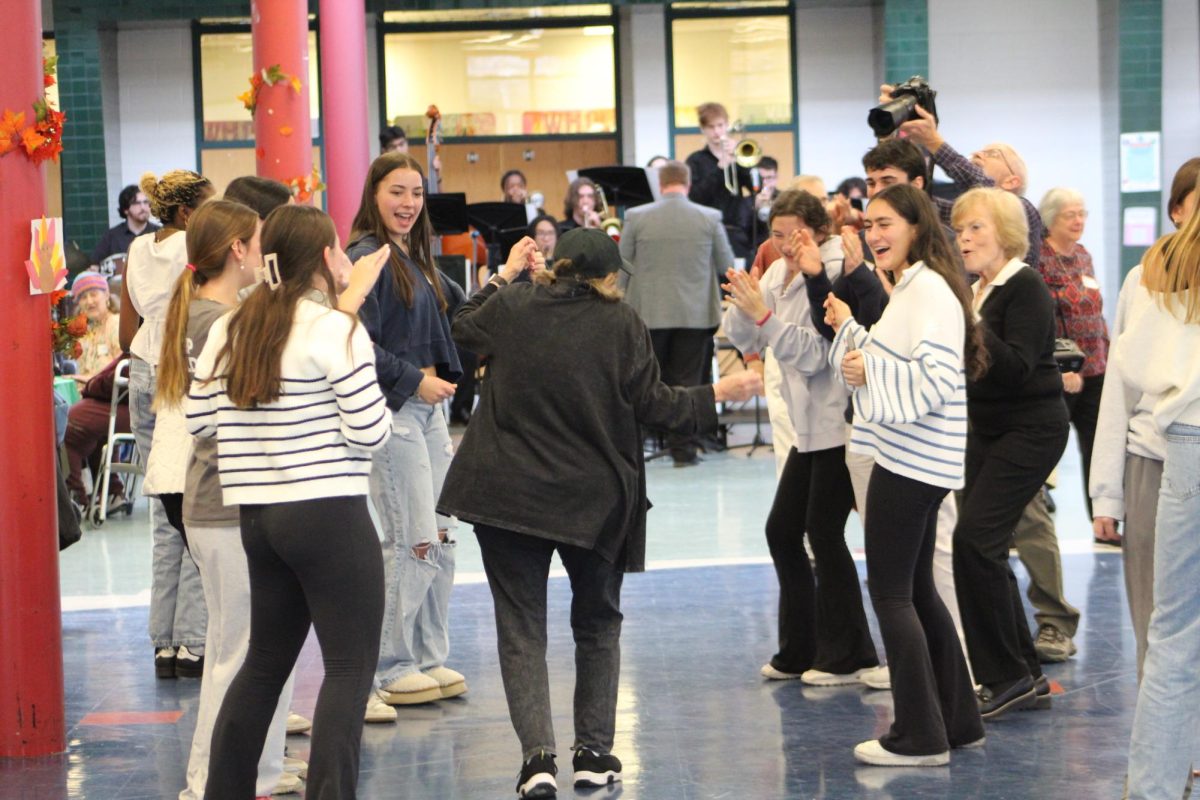

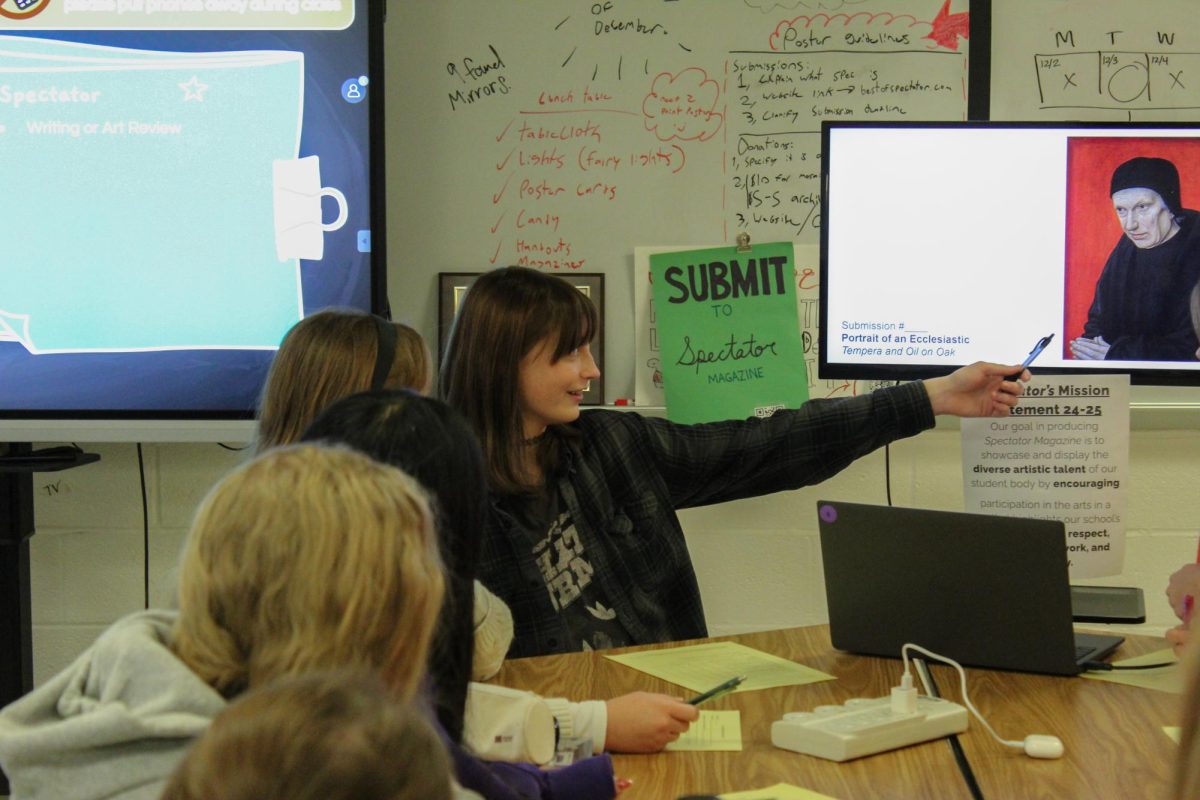
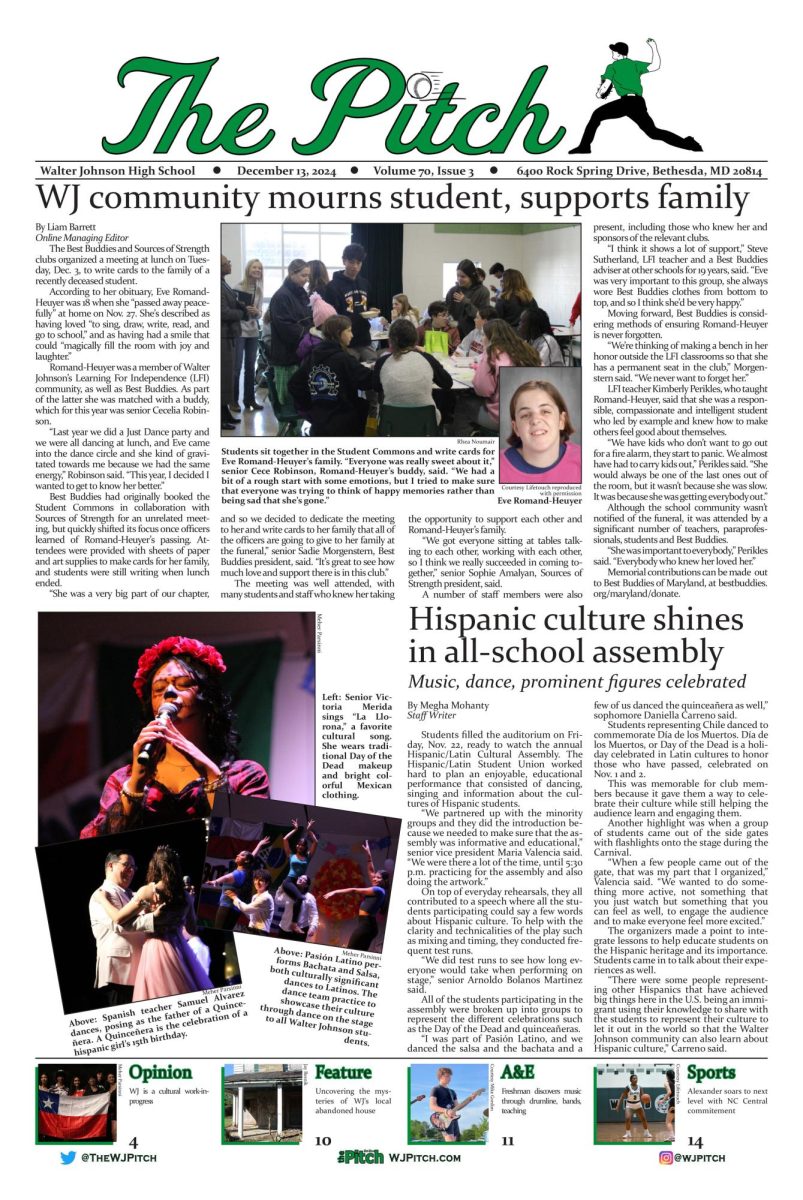
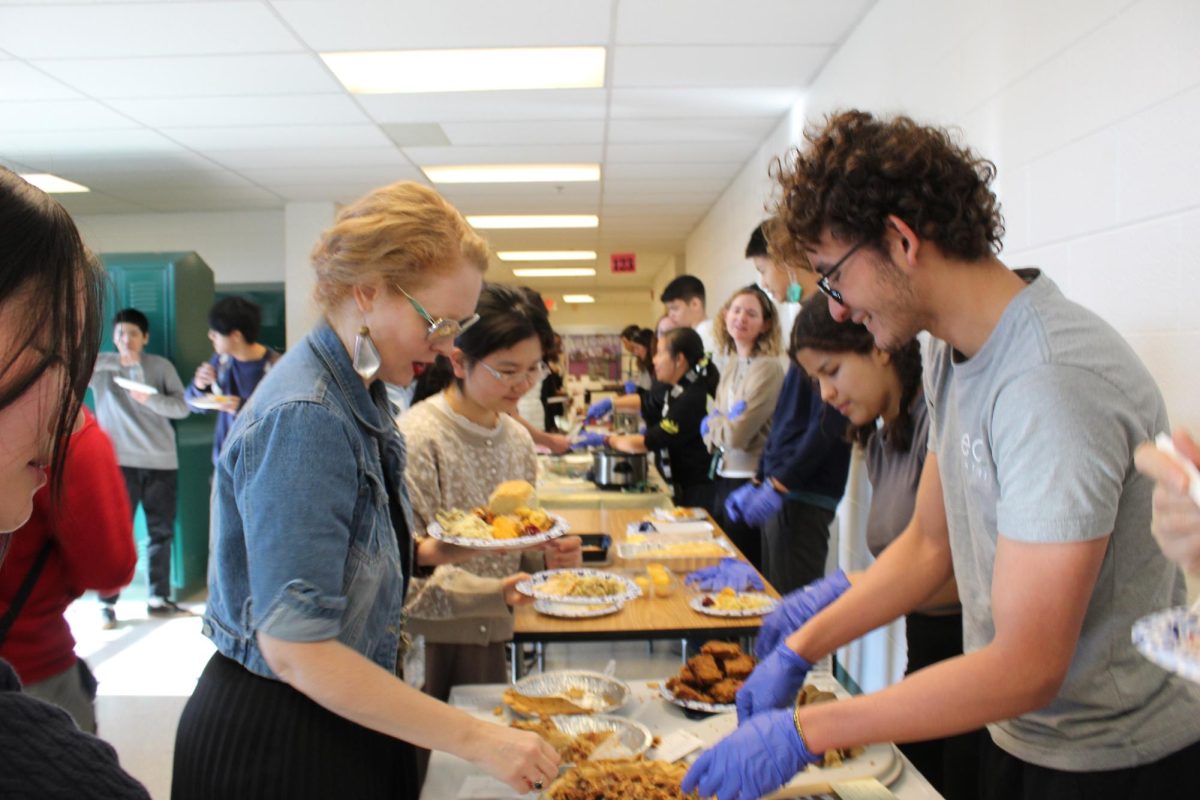
![Social studies teacher Timothy Rodman holds a production factory simulation in his AP Microeconomics class. "Students remember running for class president or the mock congress or the production factory much more so than learning topics like circular flow," Rodman said. "[The simulations make learning] very tangible and real and then students down the road are able to use it."](https://wjpitch.com/wp-content/uploads/2024/11/IMG_4420-1200x675.jpg)
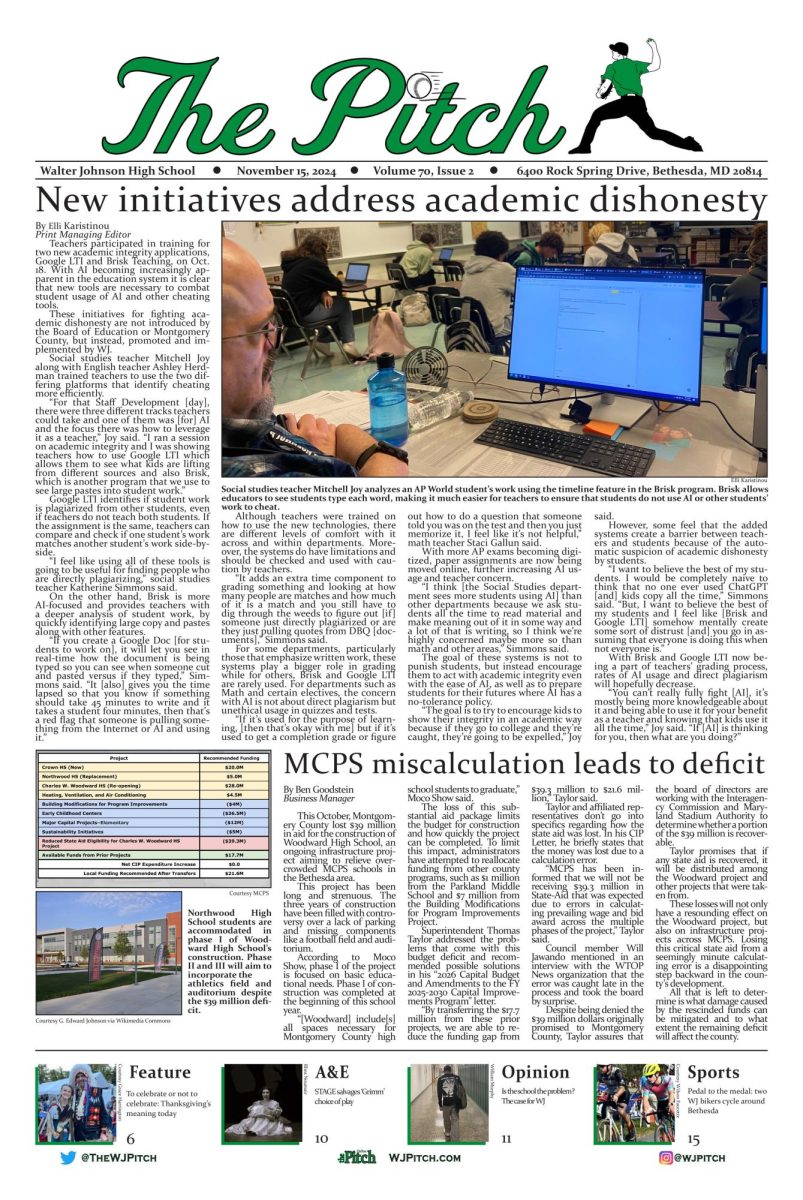
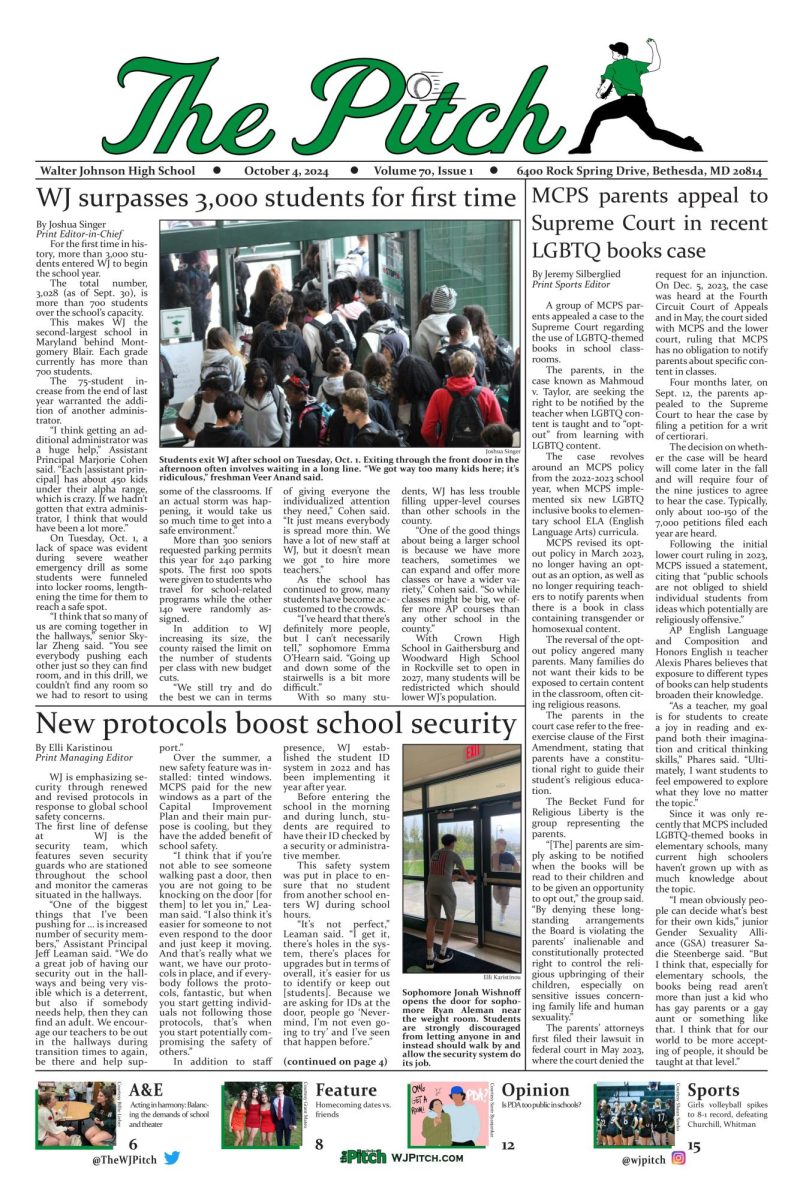





![Senior Tiffany Gibson has dinner with her parents and her nine year old sister. Gibson's family has been her largest source of support throughout her treatment process.
"[My dad] helped me through it. He was the one who’d take me to my doctor’s visits, he was trying to make me try to take my medication on time, even though he’d get angry when I didn’t take it. I had to do blood work, so he would always find out. He would always try to get me to take it and remind me," Gibson said.](https://wjpitch.com/wp-content/uploads/2023/03/92iA4Tg7fGWMhmk9DKWf7Q6UQQ4p0LYeBobwwvV7-900x672.jpg)